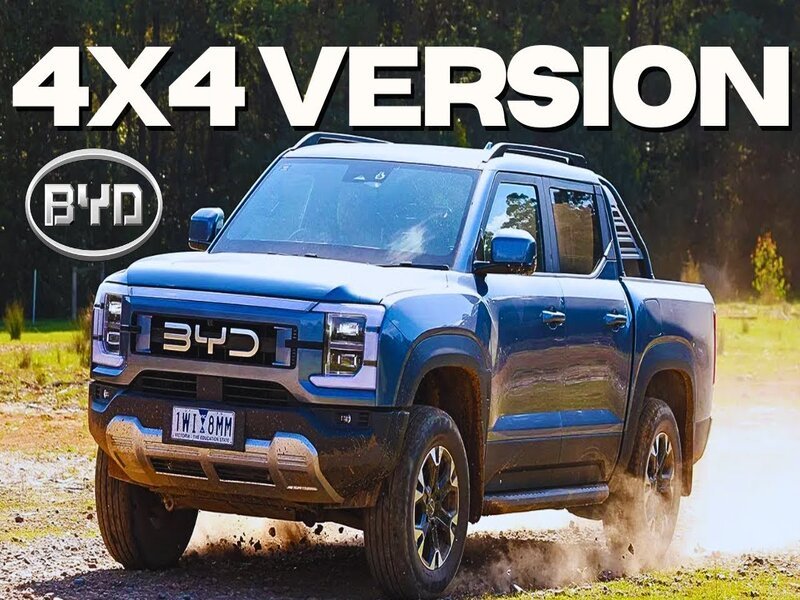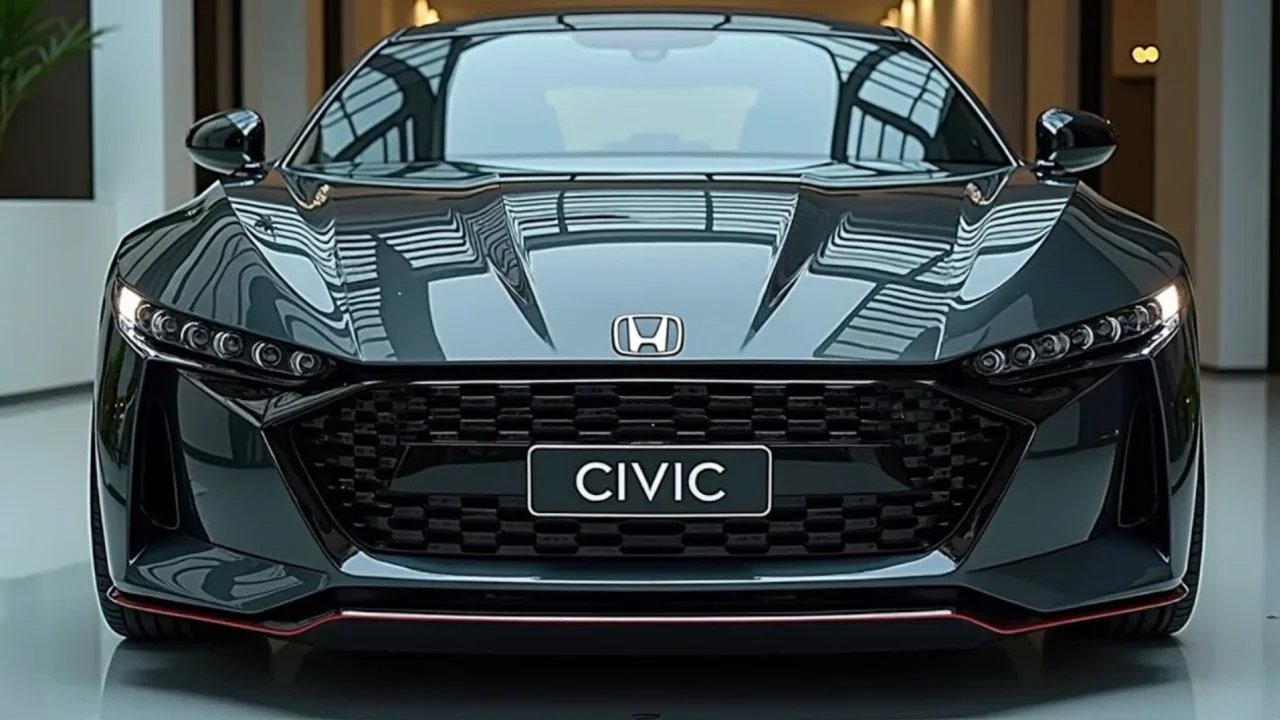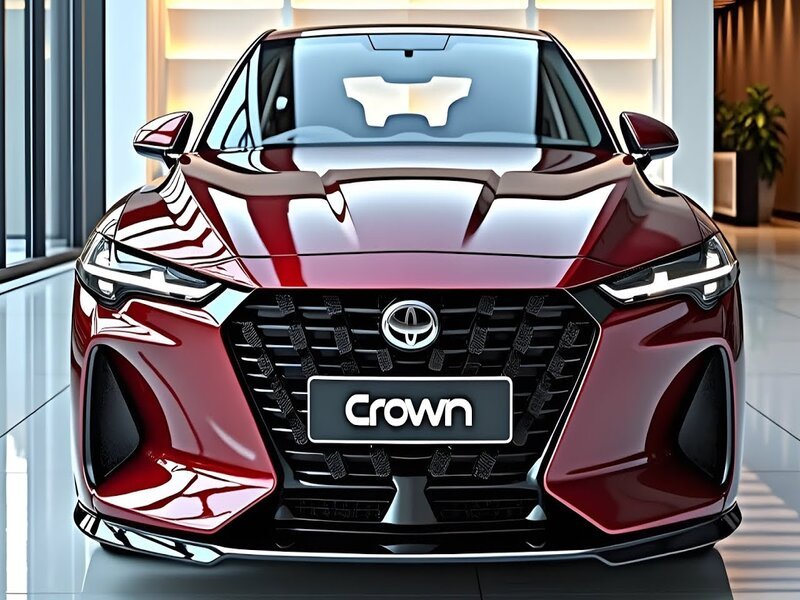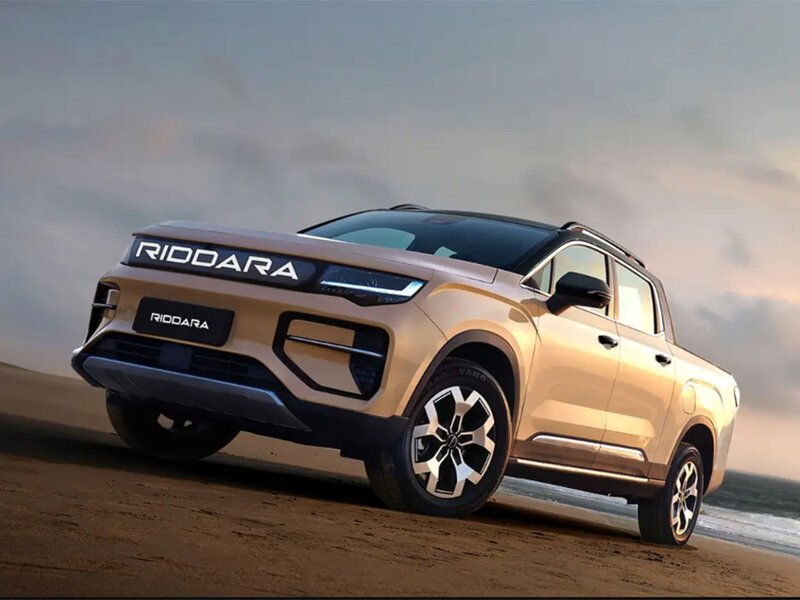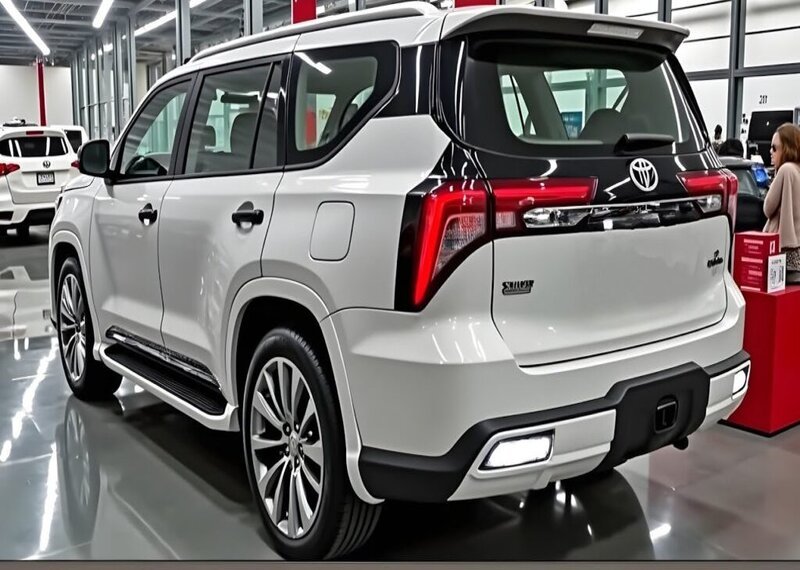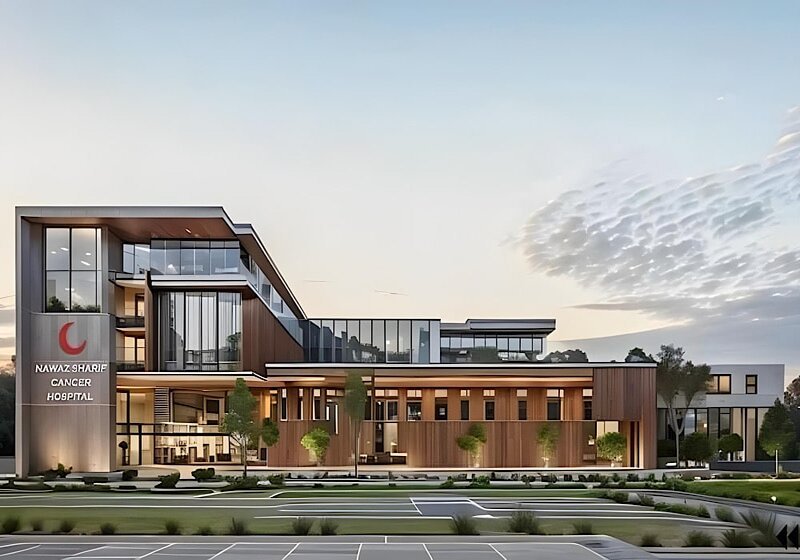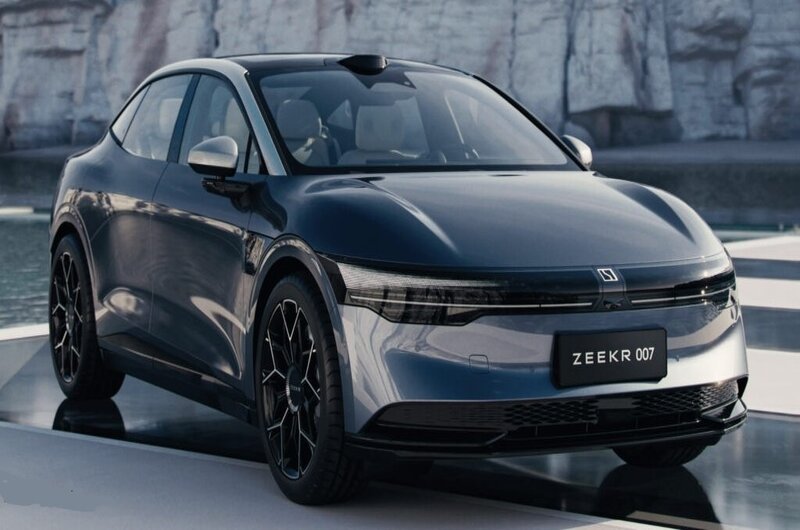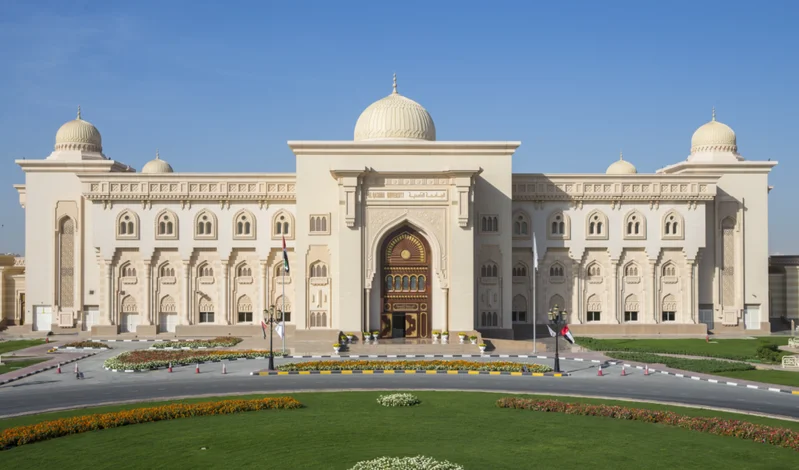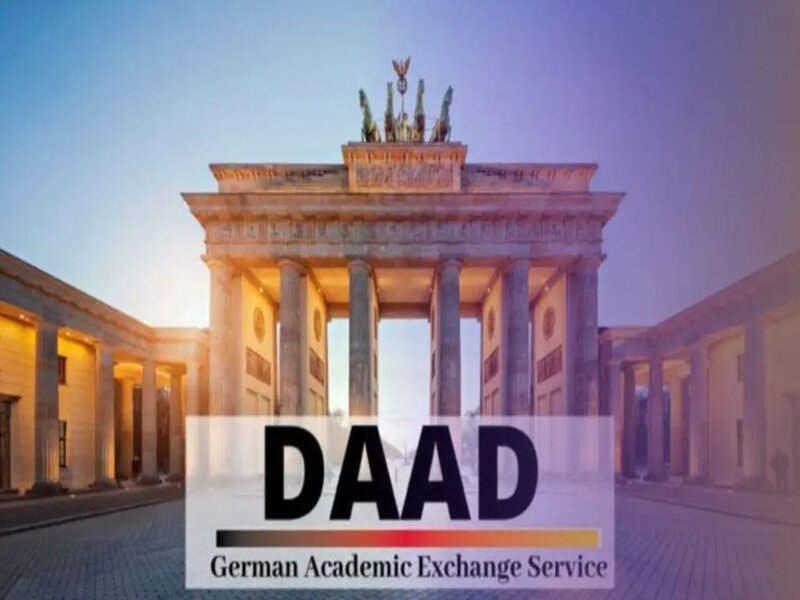The Pakistani pickup market is undergoing a significant transformation as hybrid and electric technologies begin to replace traditional diesel-powered vehicles. Two standout models driving this change are the Deepal K50 Hunter and the BYD Shark 6, both offering modern hybrid performance but through different approaches. The Deepal K50, currently in the testing phase in Pakistan, features a range-extended electric system. Unlike typical hybrids, its electric motors drive the wheels directly, while a 2.0-liter petrol engine works solely to recharge the battery. This setup delivers a claimed range of over 900 kilometers and an electric-only range of up to 131 kilometers based on NEDC figures from Thailand. With 272 PS and 470 Nm of torque, it offers capable off-road performance and accelerates from 0 to 100 km/h in 7.9 seconds. On the other hand, the BYD Shark 6 has already made its debut in Pakistan and is positioned as the most powerful hybrid pickup currently available in the country. It uses a plug-in hybrid system that combines a 1.5-liter turbocharged petrol engine with dual electric motors to generate a combined output of 436 horsepower and 650 Nm of torque. This results in faster acceleration, reaching 0 to 100 km/h in just 5.7 seconds. It also features a ladder frame chassis and double wishbone suspension, making it well-suited for rugged terrain. Both pickups are similar in size and road presence, though the BYD Shark 6 is slightly longer and taller. It offers a ground clearance of 230 millimeters and a wading depth of 700 millimeters, slightly higher than the Deepal K50’s 220 millimeters and 600 millimeters, respectively. Both models claim a towing capacity of 2.5 tons. Inside, each truck offers a modern, feature-rich experience. The Deepal K50 comes with dual digital displays, ventilated seats, wireless charging, and vehicle-to-load (V2L) connectivity with a power output of 3.3 kW, useful for powering appliances during outdoor activities. The BYD Shark 6 enhances the tech offering with a 15.6-inch rotating touchscreen, heated and ventilated seats with multiple adjustments, and a 12-speaker Dynoaudio sound system. In terms of safety, the BYD Shark 6 takes the lead. While official details for the Deepal K50 are still limited, the Shark 6 includes a comprehensive suite of advanced driver assistance systems such as intelligent cruise control, emergency lane keeping assist, lane departure prevention, and seven airbags. Both models support ISOFIX child seat anchors. Pricing is where the real distinction may occur. The BYD Shark 6 is already available in Pakistan with an ex-factory price of PKR 19,950,000. Due to its status as an imported plug-in hybrid, it is subject to high import duties and taxes. In comparison, the Deepal K50 has not yet been officially launched in Pakistan, but its price in Thailand is around THB 1,099,000, which is approximately PKR 9.6 million. If classified under Pakistan’s electric vehicle (EV) policy, the Deepal K50 may benefit from reduced duties, making it far more competitively priced than its plug-in hybrid counterpart. The key technical difference lies in their powertrains. The BYD Shark 6 uses a plug-in hybrid system where both the petrol engine and electric motors directly drive the wheels. The Deepal K50 relies entirely on electric propulsion, with the petrol engine acting solely as a generator to recharge the battery. As Pakistan’s automotive industry evolves in line with global electrification trends, the Deepal K50 could emerge as a disruptive force in the premium hybrid pickup segment—if priced strategically. While the BYD Shark 6 currently dominates in terms of performance, safety, and availability, the upcoming Deepal K50 offers unique advantages in range, utility, and possibly affordability. The race between these two hybrid pickups may set the tone for Pakistan’s next chapter in eco-friendly utility vehicles, where both innovation and pricing will determine which model wins over consumers.
